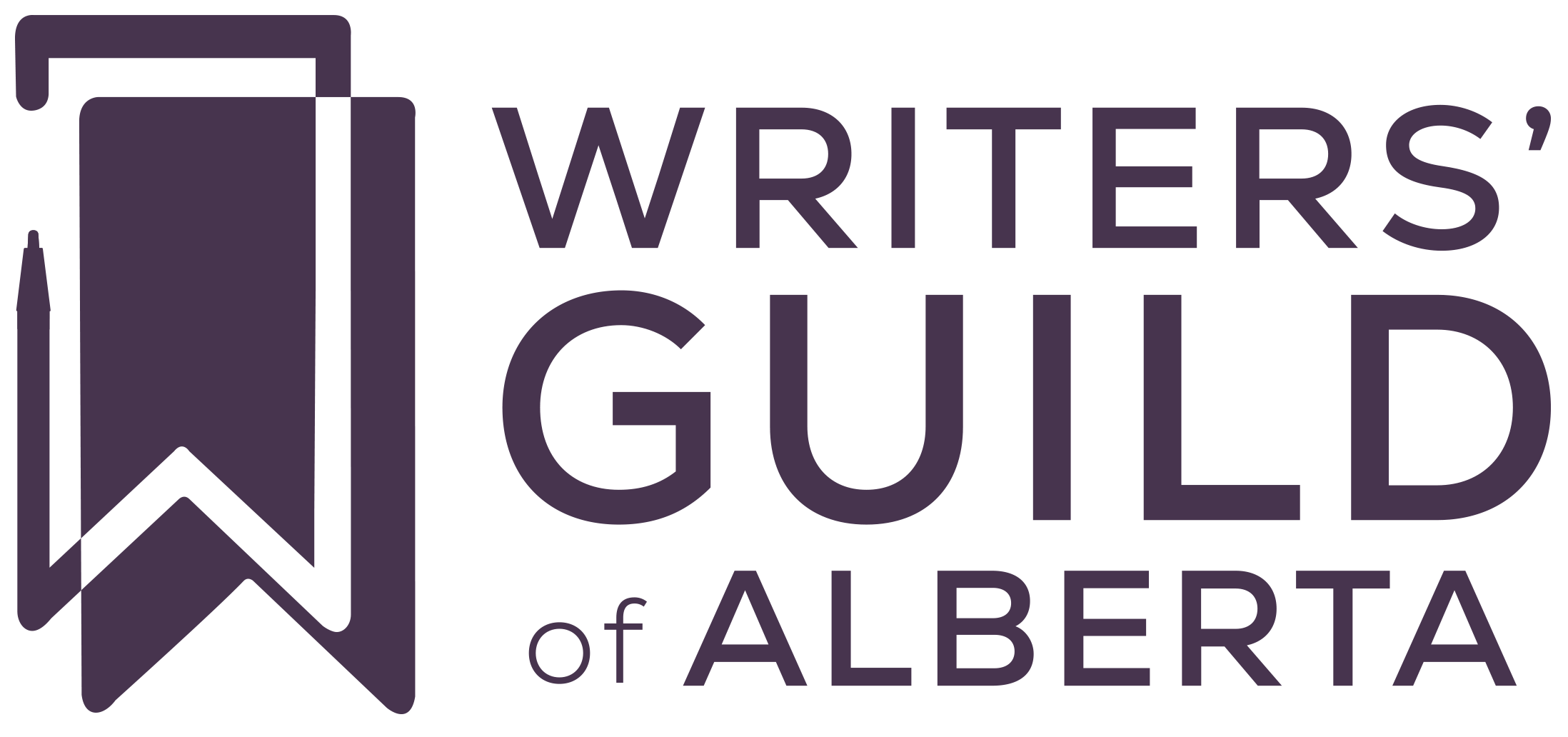Recently, I’ve had the pleasure of communicating with Dustin Archibald, a fantasy/fiction writer from Grande Prairie, Alberta; his work consists of comic books, a novel, and short stories. He also won third place in the 2016 Collins Writing Contest for his short story titled “Down the Line” and was the president of the Board of Directors of the Writers’ Guild of Alberta in 2017-2018. I was interested in interviewing Archibald as I am also from a scientific background and I share his interest in comic books. My questions for him were the following:
- You have a degree in Computer Science, which would involve a more scientific type of thought process. How do you apply this scientific approach to your writing?
To me, part of writing is problem-solving and logic. For example, in fantasy/fiction, characters regularly get into problems and you must figure out how they are going to solve them. To have a rewarding story, the character needs to react according to their own personality and the world they live in. The ancient Greeks, when faced with a character having a problem, would often write in a god to swoop in and fix everything; today’s readers are more discerning. Having a magic solution to everything isn’t that entertaining so, you need an analytical approach.
- You’ve written comic books, short stories, as well as novels. How does your writing process differ between each style, and which style do you prefer?
Comic books have a more rigid structure to them. There is an accepted format that you use so artists, inkers, and letterers can know what they need to do on each page. There are also length restraints. Most comic books are limited to strict page counts (22 or 24). This means you need to pace your story exactly right to fit that page count.
In short stories, all your characters’ actions and thoughts focus on one theme. It’s harder than it sounds since most writers want to explore a myriad of topics. Plus, you only have a short space to do that in. To write a short story, I usually do it in one sitting.
Novels are a marathon. Typically, I’ll start with a rough outline, laying out important scenes, conflict, and character arcs. I don’t do a detailed outline, I like to leave room for inspiration. It can take months or years to write the book, then more time to edit it. Overall, I prefer novel-writing as it lets me explore large topics over a longer period. When I need a break, I like short stories because they have an end in sight.
- I see that you used to be the president of the Board of Directors of the Writer’s Guild of Alberta. How has this association helped you throughout your career as a writer?
The WGA has helped me in many ways. It’s connected me to the larger writing community, more than on just social media. I’ve made great friends and contacts. I’ve talked to publishers, agents, editors, politicians, and others. The WGA is a professional organization with high standards of operation and admirable goals.
I really appreciated Archibald’s correspondence, as I’m also from a science and analytical background. I was very curious to discover how he applied logical thought processes to his creative work and I found his method of doing so very interesting. Dustin Archibald has truly inspired me by showing that you don’t have to be an English major to love creative writing; anyone can use their creativity to construct and imagine beautiful and fictional worlds, whether they are scientists, engineers, or artists.
